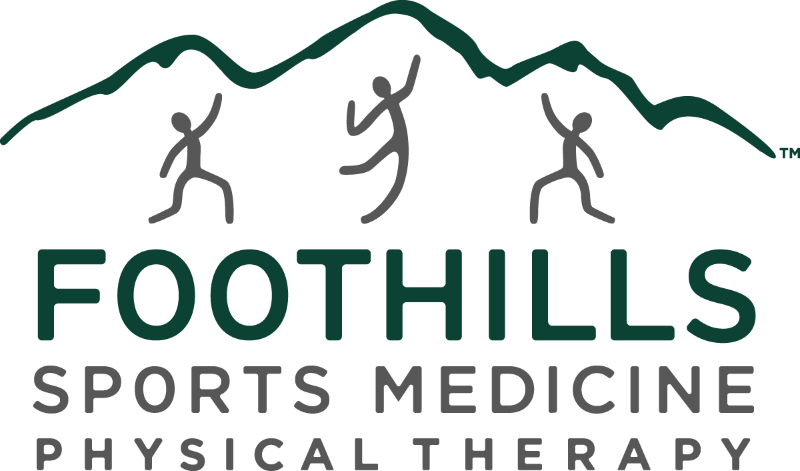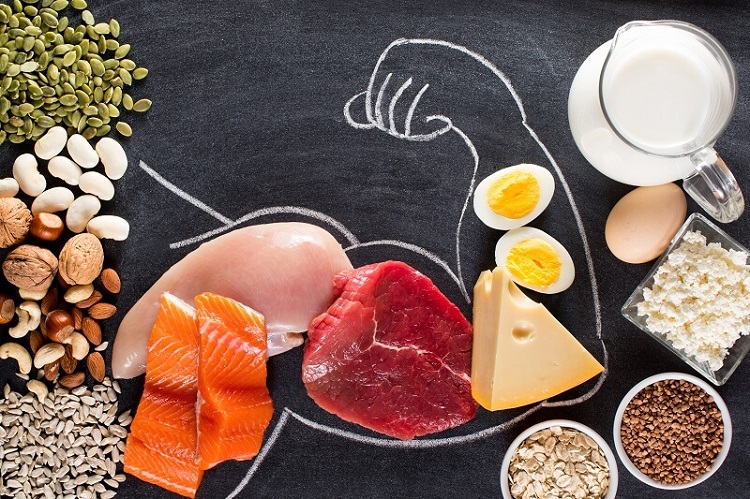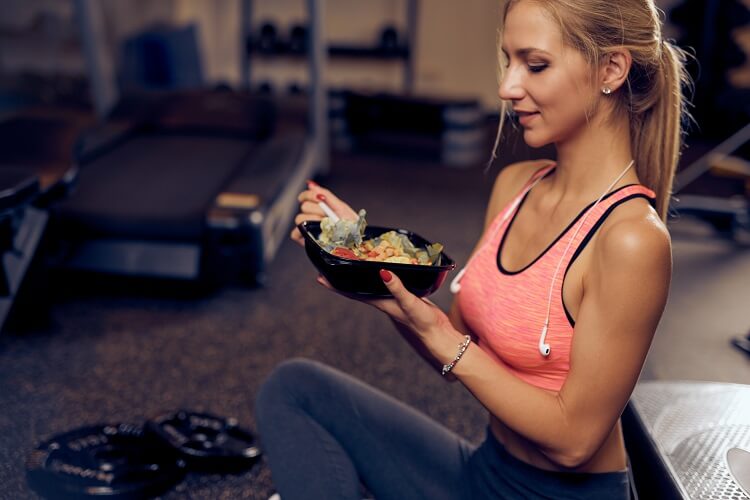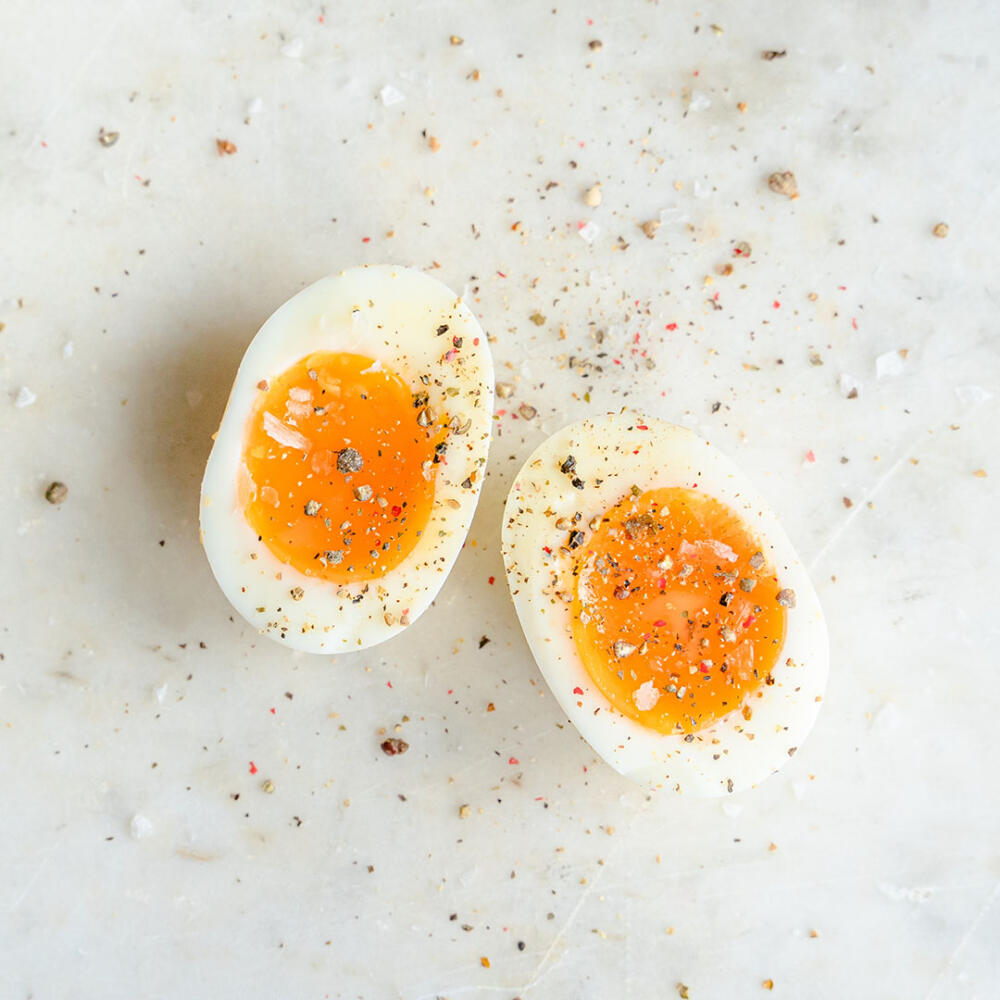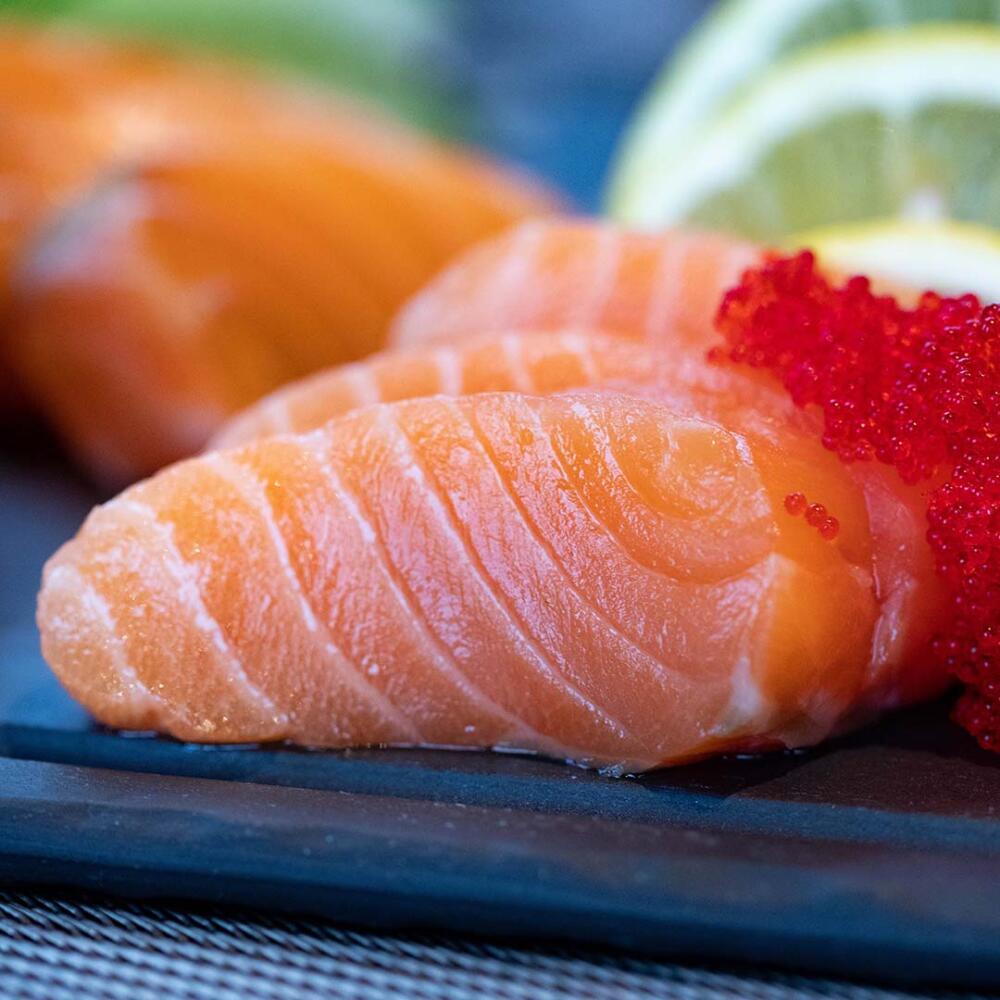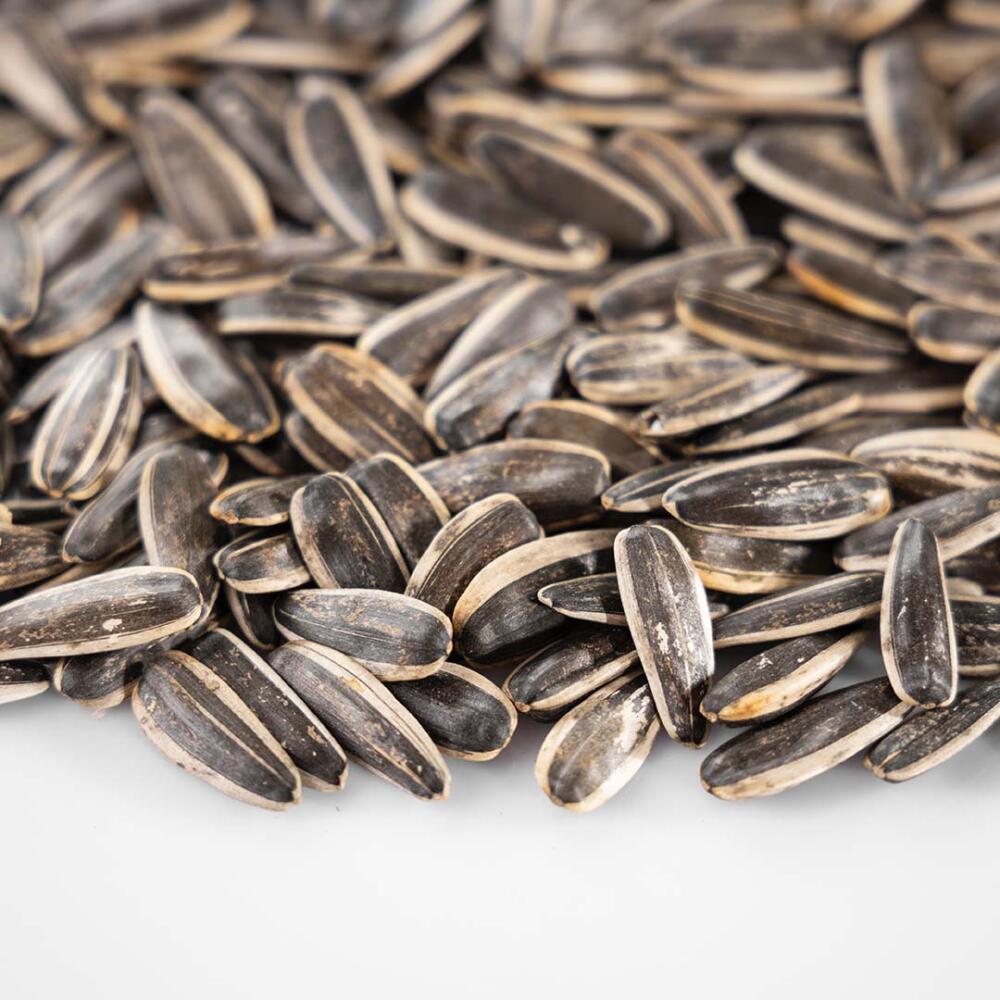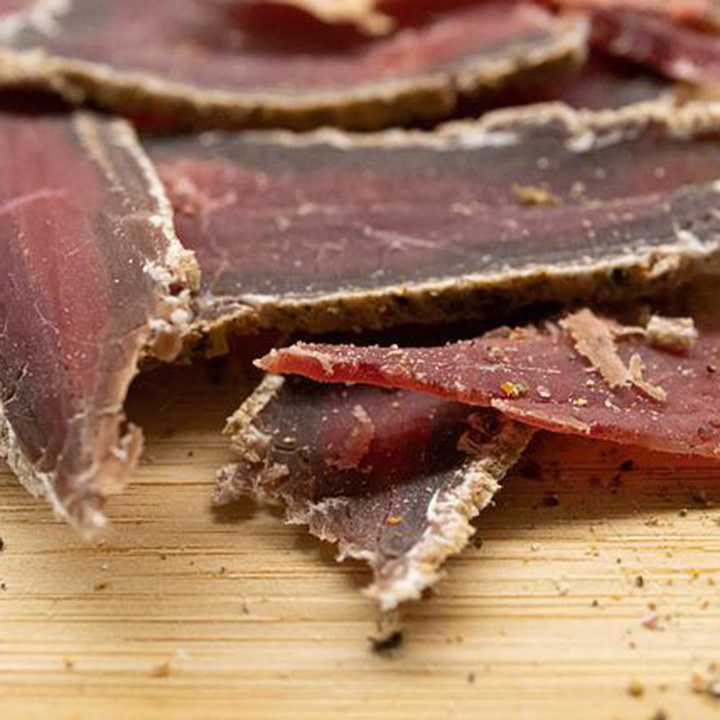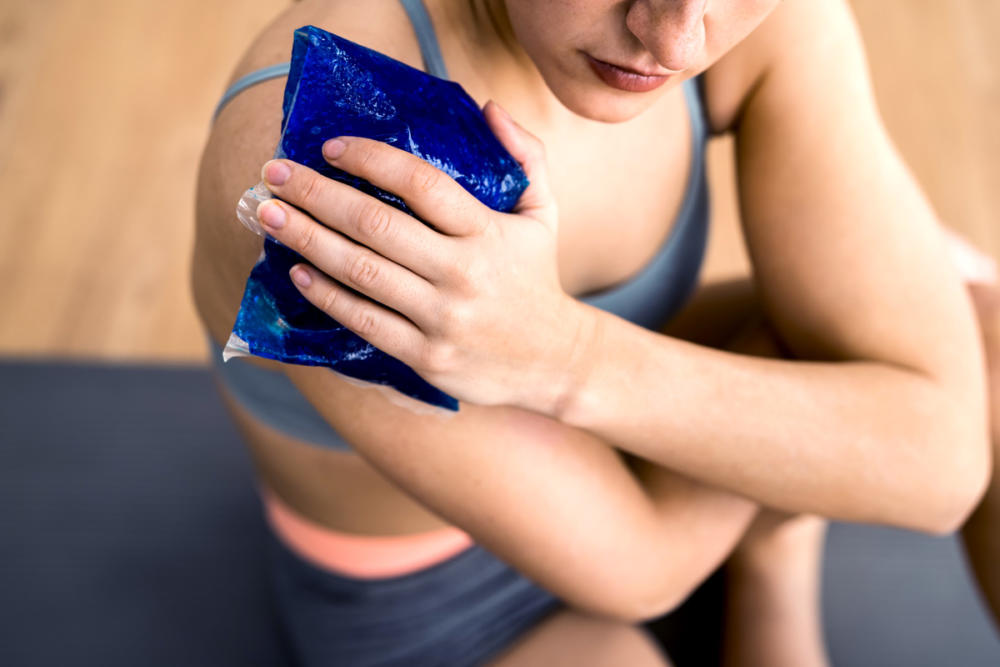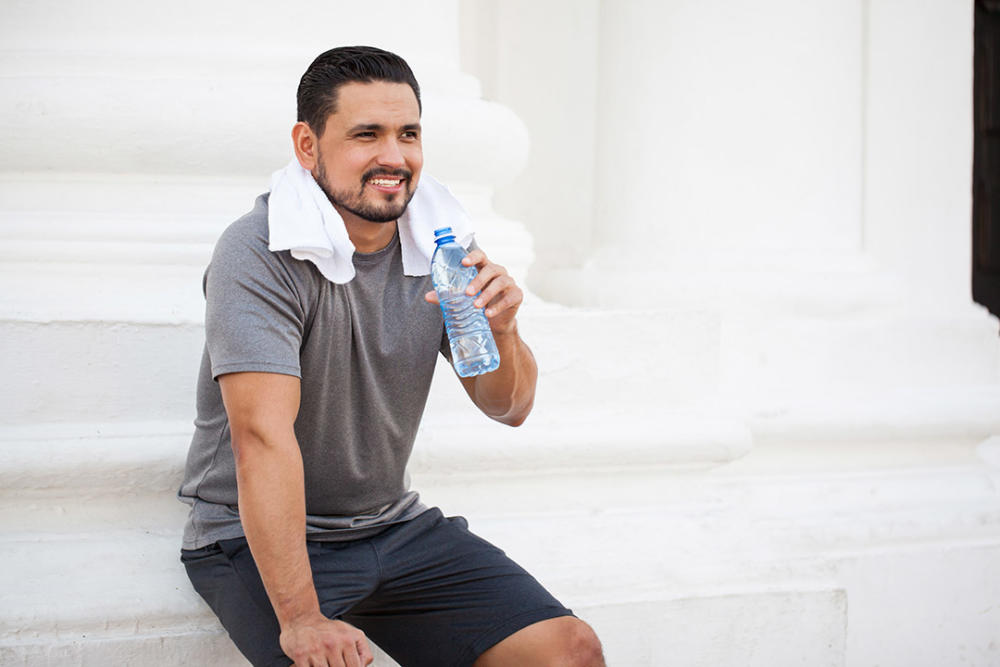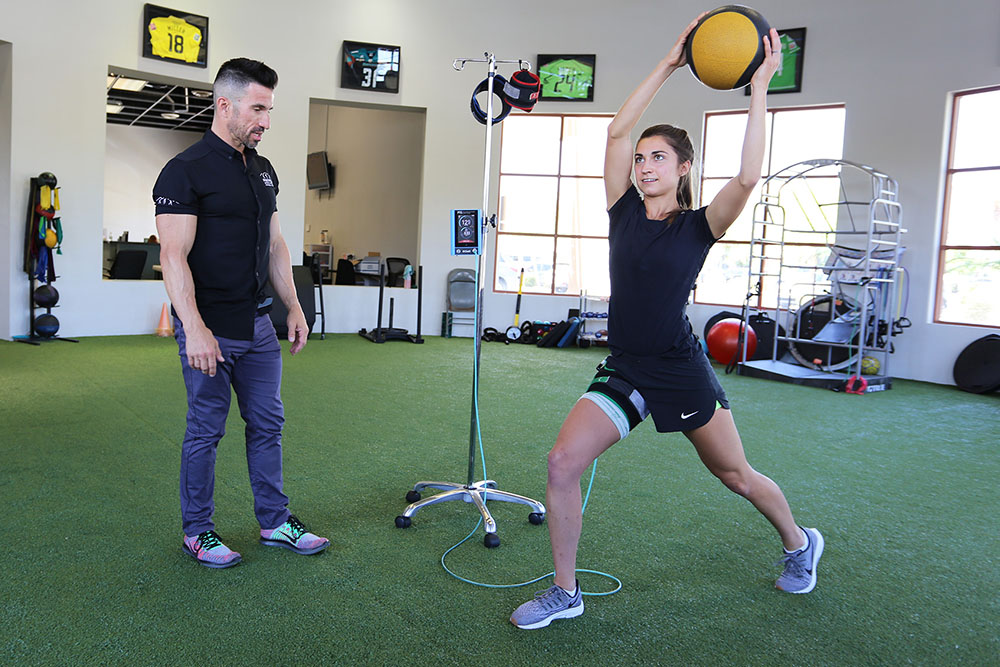Improving one’s fitness doesn’t stop at the gym. If you’re trying to increase your muscle strength and lose body fat, it’s enormously important to consume nutrient-rich foods that nourish and recuperate your body after a workout. Both nutrition and physical activity are critical if you want to gain lean muscle. It’s essential to challenge your body through physical activity, but your progress will stall without proper nutritional support.
Don’t just reach for a protein shake or frozen pizza when dinner time rolls around. Invest your time and money in food that’ll foster your overall health, increase your muscle strength, enhance your physique, and reduce your chances of illness in the long run.
Bring this list with you to the grocery store and stock up on these 10 foods to help build muscle, increase strength, and improve your health:
Eggs. As one of nature’s most complex, complete, and flexible foods, eggs are the gold standard of protein. Every egg contains 7 grams of protein, plus a host of other essential vitamins and minerals.
Wild Salmon. With 20 grams of protein in every 100-gram serving, wild salmon will accelerate your results while sports training in Phoenix. Wild salmon is also a great source of omega-3 fatty acids. Avoid farm-raised salmon, though – they’re often fed a poor diet, so they contain limited nutritional benefits.
Quinoa. Interestingly, quinoa packs more protein than any other major grain. Moreover, it’s a rich source of minerals and vitamins, particularly B vitamins. If you’re unfamiliar with B vitamins, they help metabolize and digest proteins and carbohydrates, helping you bulk up.
Spinach. Take it from Popeye. Spinach is a fantastic fuel for muscle building because it contains iron and nitrates to promote muscle growth. These nitrates also help regulate blood pressure, immune defenses, and cell metabolism. Serve your dinner on a bed of spinach (cooked or raw) every night for constant, delicious intake.
Greek yogurt. Dairy contains both high-quality protein and a mixture of fast-digesting whey protein and slow-digesting casein protein. Research has shown that people experience increases in lean muscle when consuming a combination of fast- and slow-digesting dairy proteins. But not all dairy is created equal. Greek yogurt contains approximately double the amount of protein as regular yogurt.
Sunflower seeds. With 23 grams of protein per serving, sunflower seeds are a delicious and healthy snack for building muscle. Sunflower seeds earn health food bonus points because they’re low in cholesterol and sodium.
Soybeans. Yes! Only half a cup of cooked soybeans contains 16 grams of protein, healthy unsaturated fats, and several vitamins and minerals. Soybeans are a particularly good source of vitamin K, iron, and phosphorus. Iron is used to store and transport oxygen in your blood and muscles.
Chicken. You probably already know that chicken is a staple in any high-protein, low-fat diet. Here’s why: chicken’s protein-to-fat ratio is unbeatable – a hearty 100-gram serving packs a whopping 31 grams of protein with only 4 grams of fat. For a delicious, protein-packed lunch, stir-fry your chicken with spinach, quinoa, and garlic.
Tuna. In addition to 20 grams of protein per 3-ounce (85-gram) serving, tuna contains high amounts of vitamin A and several B vitamins, including B12, niacin, and B6. These nutrients are important for optimal health, energy, and exercise performance. Additionally, tuna provides large amounts of omega-3 fatty acids, which support muscle health. Particularly important for older adults. Research has shown that omega-3 fatty acids can slow the loss of muscle mass and strength that occurs with age.
Lean jerky. When you’re on the go, try a high-quality protein from meat such as lean jerky. Many different types of meat can be made into jerky, so the nutrition facts vary. Most fat is removed from lean jerky during processing, so almost all calories in jerky come directly from protein.
Lastly, try protein powders if you need a quick meal replacement or a quick and easy option to add more protein to your daily routine. While any good diet should focus on whole foods, there are times when dietary supplements can be beneficial. If you have trouble getting enough protein from foods alone, you could consider adding protein shakes to your daily routine. Dairy protein powders, such as whey and casein, are some of the most popular. Other options are soy and peas.
If you would like more information on how to keep your body functioning at optimal performance, please contact your local Foothills Sports Medicine Physical Therapy clinic for a free assessment today!
